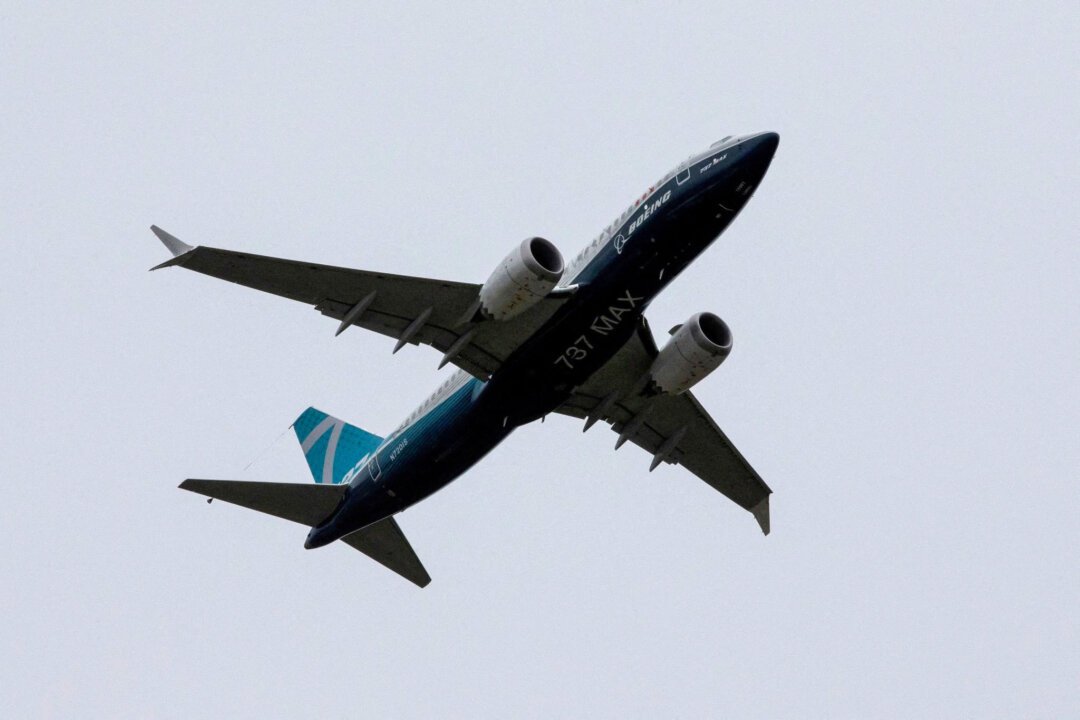
The National Transportation Safety Board (NTSB) has issued a pressing call to action, urging Boeing to swiftly implement modifications to the engines of its 737 MAX aircraft. This urgent recommendation follows two concerning incidents in 2023, where Southwest Airlines planes experienced engine malfunctions after bird strikes, resulting in hazardous smoke filling the cabin or cockpit.
The incidents, one in New Orleans and another in Havana, Cuba, highlighted a critical safety flaw. Specifically, the LEAP engines, manufactured by CFM International for Boeing, can unexpectedly release oil into the 737 MAX’s hot ventilation system. This occurs when a load reduction device – a crucial safety feature designed to mitigate issues like bird strikes – is activated. The consequence? Smoke, potentially obscuring visibility and creating a serious hazard for passengers and crew, is directly channeled into either the passenger cabin or cockpit, depending on the affected engine.
Both the Federal Aviation Administration (FAA) and Boeing have already alerted airlines and pilots to this potential problem, and Boeing is actively developing a solution. However, the NTSB’s strong recommendation underscores the seriousness of the situation and the need for an immediate and effective fix to prevent future incidents and ensure passenger safety.

